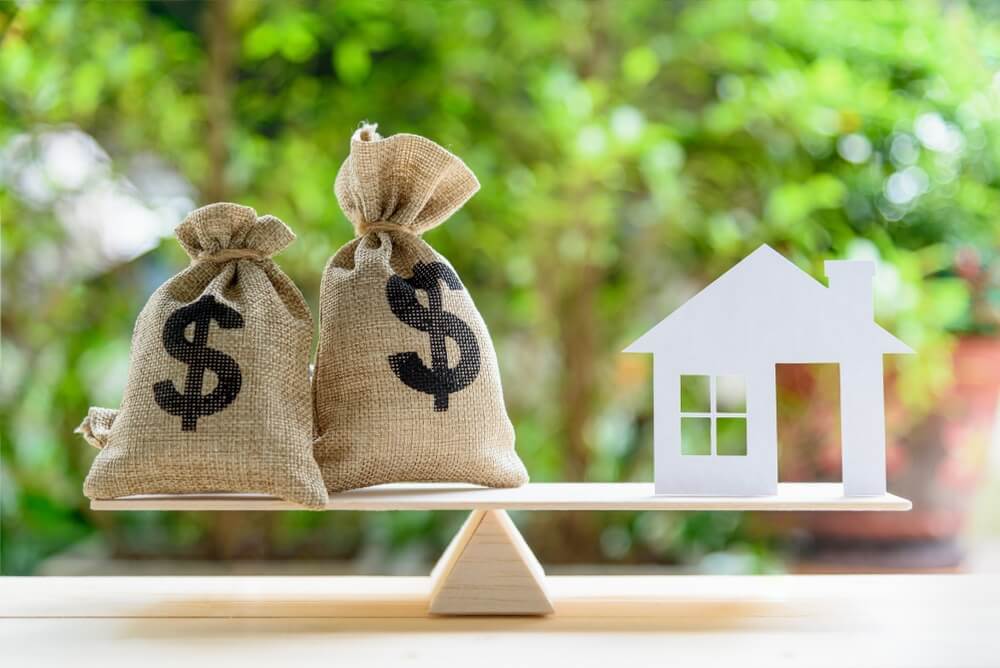
Is It a Good Time For A Cash-Out Refinance?
You might have been seeing and hearing a bunch of news talking about low mortgage rates and how now is the right time to refinance or perform a cash-out refinance. Yes, we are seeing some of the lowest interest rates in years but is it really the best time to do it and what should you know beforehand?
Firstly, decide if you need a cash-out to refinance or a regular refinance. Are you trying to save monthly? If so go for a regular refinance. Have you been putting off that big expensive home improvement project that costs tens of thousands like a new pool or new kitchen? Then a cash-out might be right for you. A cash-out can help you get up to 80% of your home value in cash. But, you do not need to take all 80%. In fact, it is smarter to just take what you need to lower your loan amount and monthly payments. Doing a cash-out and then renovations can help increase your property value making it worth more when you sell or do your next appraisal.
Is the Current Market Good For Cash-Out Refinances?
Right now the market is not too bad to refinance. Rates are low and lenders are easing their COVID 
Overall, the market is still good for doing cashouts as the rates are low, and even with an adverse market fee, the rates would be considered low compared to what you would have gotten a couple of years ago. MJS Financial, a small mortgage group in Boca Raton, is seeing a bunch of borrowers taking cashouts to upgrade their current living situations. It seems even with the adverse market fee they are getting great rates and terms.
Things To Consider Before
Firstly, know what you want to spend the money on. Speak with your family and decide ahead of time what to spend the money on. Technically you can spend the money however you like but like we said before it is better to reinvest the money into the house so the property value can increase from when you purchased it. Knowing what renovations and upgrades you want to do to the property beforehand helps you know how much money you really need to borrow. Over borrowing can raise your payments for no reason.
Secondly, does doing a cash-out refinance make economic sense? Is paying more or less monthly with this new mortgage worth it? We have had many borrowers whose mortgage payments have actually gone down after doing a cashout refinance on their homes. That is because if you paid your mortgage over 5 years ago and if it falls within the high 3% or low 4% interest rate you could refinance cash out into the high 2% or mid 3% interest rate. This also goes into the first thing to look into which is how much you need. Borrowing exactly what you need and not more can lower your payments.
Also, look at how long you have been in the house and how close you might be to paying off your existing mortgage. If you are very close then it might not make sense to go back to a full-term mortgage. In this case, we would suggest looking into HELOCs or home equity lines of credit which kind of act like credit cards on your house. They are great ways to borrow money without having an impact on your current mortgage. They do have their own interest rates and payments so look into that before making a decision.
Conclusion
Lastly is closing costs. While you might not have to pay them out of pocket they will come out of the amount of cash you get back. This also goes into knowing how much you want to borrow. For most cash-out refinances an appraisal is needed so be ready for someone to walk through your home to appraise it. This is also another fee which can range from $400 to $700. A good broker should be able to calculate your closing costs and add them to the loan amount so that it will not impact the amount of cash you get back. In some cases, you might want to pay closing costs so both your loan amount and monthly payments become lower.
-
Support
-
Platform
-
Spread
-
Trading Instrument




